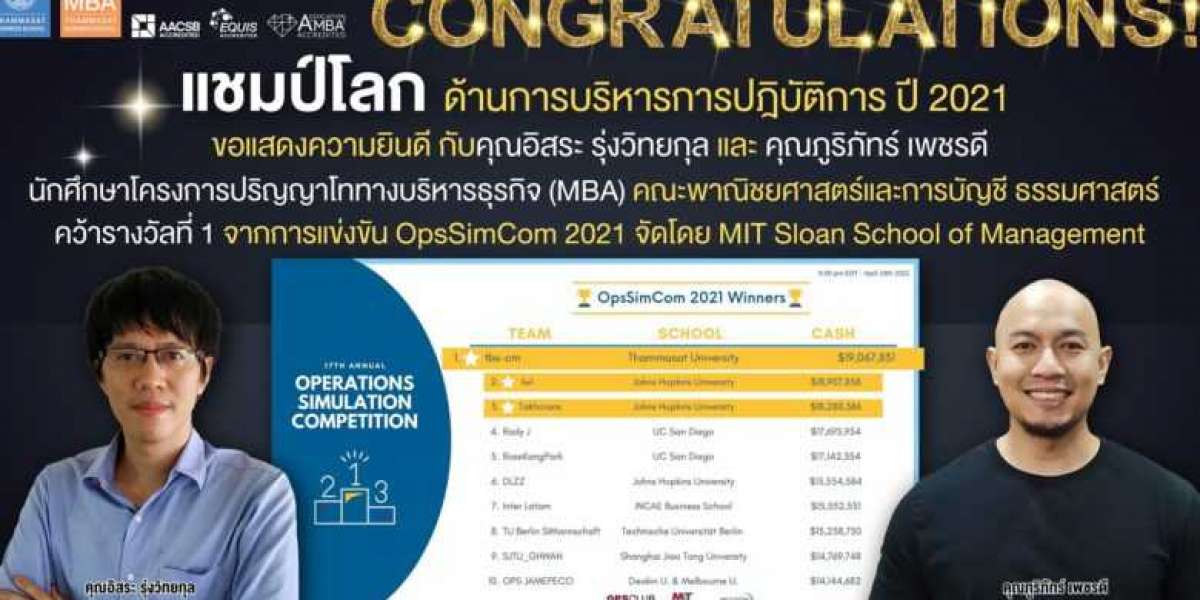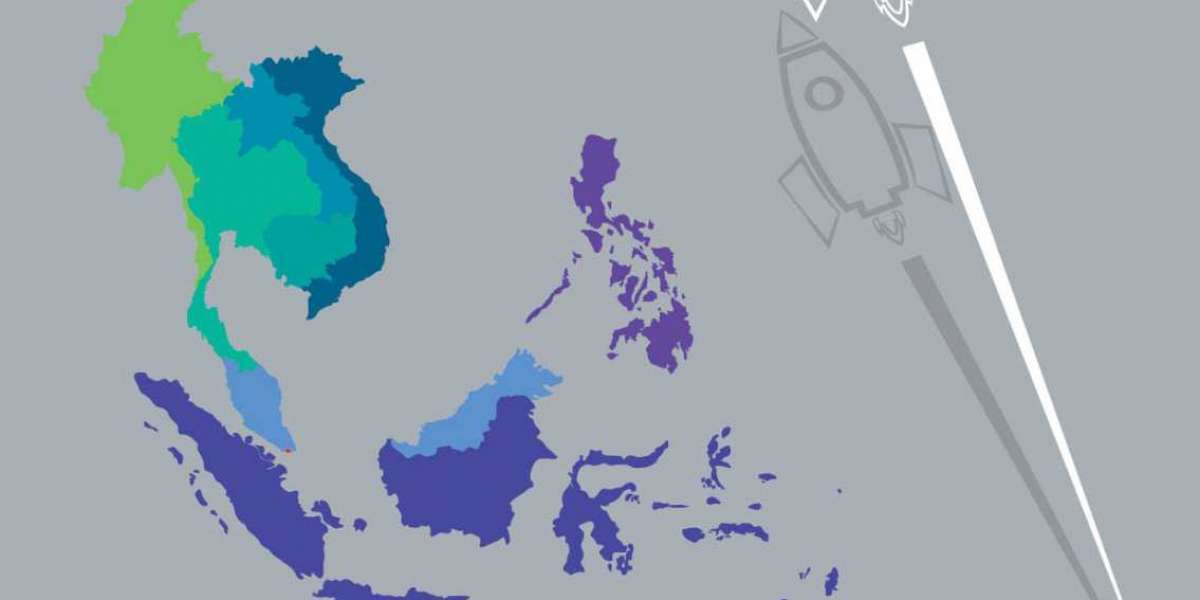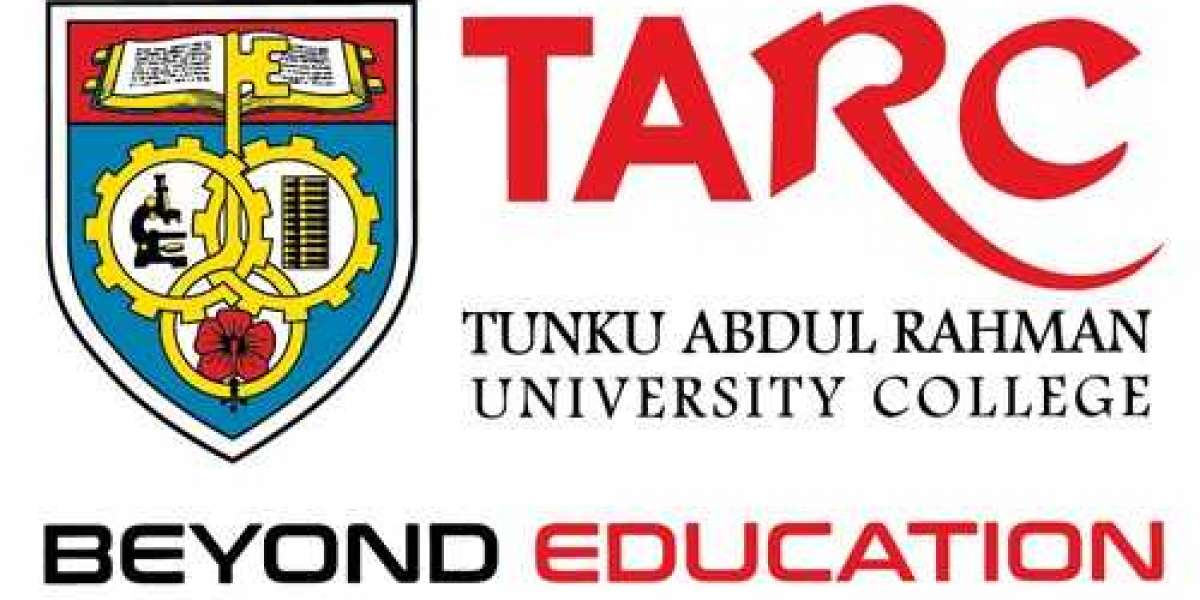Undergraduate students usually need to collaborate with others to complete various types of group projects. However, it is not easy to distribute the work evenly among the group members, and some members are even called “free riders” because of their small contributions to the project.
As a result, teachers usually receive complaints at the end of the semester on this issue. In view of this, Dr Lam Wai-man at the Department of Mathematics and Information Technology of The Education University of Hong Kong developed an Online Evidence-based Assessment System called GMoodle for collaborative learning.
Instead of assessing the final outcome, the process of collaboration is recorded. Students can keep track of the progress of individuals and their group members in GMoodle. Whereas teachers can make use of the progress report to set assessment criteria and identify free riders.
As it is not easy to ensure all students are actively and equally contributed and collaborate with each other in group projects, this system can provide an objective measure to reflect the actual contribution and activeness of each student. It is also useful for students to review their learning goals.
Besides, each student has an individual GMoodle account to store their own learning activities. Once they have logged in the platform, they can view their contribution scores and compare theirs with the average in class to understand their learning progress is on track or not. Most importantly, students can make use of the discussion forum, chat room and Wiki report to create a proactive collaborative learning environment.
GMoodle has been recognised for its innovation and creativity. It obtained the Silver Medal and Special Award – Special Inventor Award in the International Invention Innovation Competition in Canada in 2019. Riding on the success, Dr Lam invited other external parties to collaborate for further development and improvement of the platform.
Future developments in the pipeline include incorporating AI and data mining to customise learning materials, applying to multi-disciplinary courses, adding more collaborative tools, adding co-teaching features, and launching in secondary schools.








